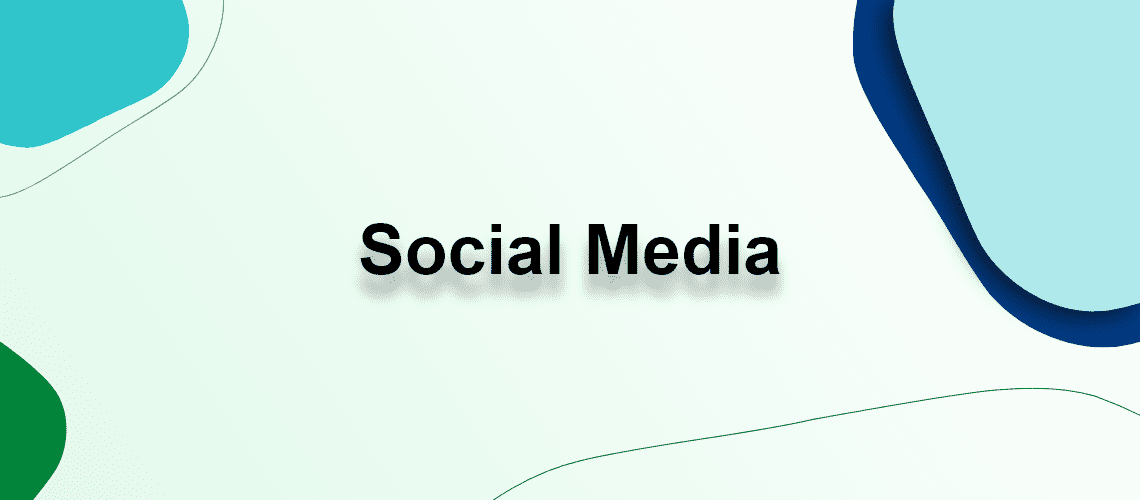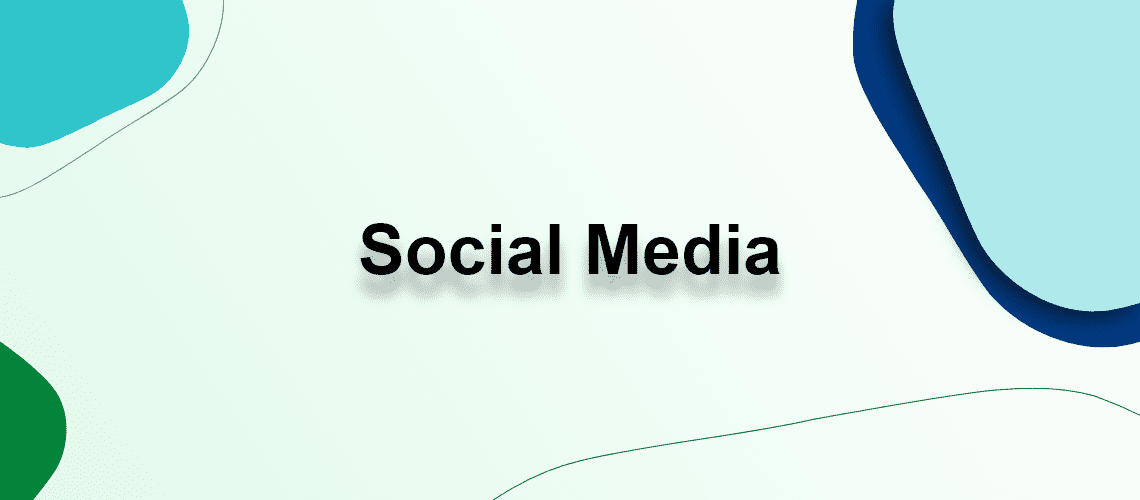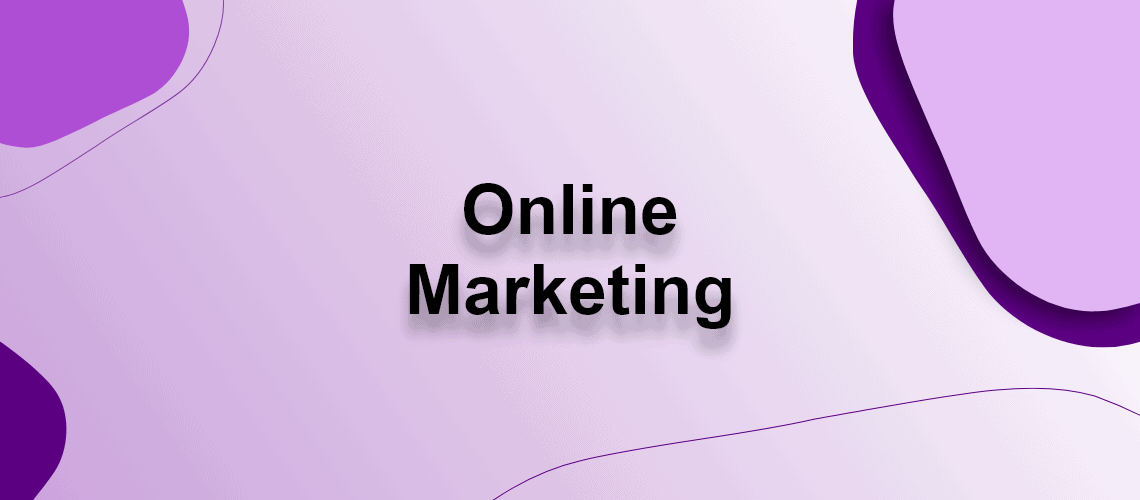TikTok, Instagram Reels and YouTube Shorts captivate users. Social networks have become more profitable, especially through short videos. According to the ARD-ZDF Online Study 2023, the general use of social media has fallen, but video use has risen to 14 minutes a day. Studies point to the negative consequences of excessive use – is this already addiction?
𝗪𝗵𝗲𝗻 𝗱𝗼𝗲𝘀 𝗶𝘁 𝗯𝗲𝗰𝗼𝗺𝗲 𝗮𝗻 𝗮𝗱𝗱𝗶𝗰𝘁𝗶𝗼𝗻?🤔
Whether and when social media addiction is present is difficult to define, as different organisations have different criteria. The DSM-V and the WHO do not recognise social media addiction as a disease, only internet gaming addiction. This makes treatment more difficult. Researchers are nevertheless developing criteria, as experts such as psychologist Christian Montag consider TikTok & Co. to be addictive and suspect ‘addiction-like use’. One sign of social media addiction could be a loss of control if you stay on TikTok for longer or do not take breaks. Neglecting important tasks in favour of social media is also seen as a warning sign. If social media apps continue to be favoured despite growing problems in everyday life, this could be an alarm signal. Self-help groups such as the ITAA offer support and differentiate between platforms such as TikTok, which promotes addictive behaviour through its design and, according to the ITAA, can even change the brain.
𝗧𝗵𝗲 𝗮𝗱𝗱𝗶𝗰𝘁𝗶𝗼𝗻📱
TikTok, Instagram and YouTube benefit from excessive use, as longer dwell times mean more data and therefore more profit. The algorithms are designed to keep users for as long as possible. Users expect the next video to be better, which increases the risk of addiction. TikTok also rewards passive watching of videos, for example with coins that can be exchanged for Amazon vouchers. Due to the mental health risks, the EU has initiated proceedings against TikTok.
𝗧𝗵𝗲 𝗮𝗹𝗴𝗼𝗿𝗶𝘁𝗵𝗺🔄
The algorithms are crucial to keep users watching videos endlessly. The ‘For you’ pages show personalised and viral content to captivate users. The exact way it works remains a secret. It is not only the algorithm that leads to addiction, but factors such as personality and motives for use also play a role. Excessive use often serves as an avoidance strategy.
𝗣𝗿𝗼𝘁𝗲𝗰𝘁 𝘆𝗼𝘂𝗿𝘀𝗲𝗹𝗳🙅♀️
To reduce usage, the app should be deleted from the smartphone and only used on the PC to avoid spontaneous use. A wristwatch can help to avoid constantly looking at your smartphone. If this is not enough, it may be useful to scrutinise your own motives for using the app or seek therapeutic help. The responsibility should not lie solely with the users, but also with the companies.




